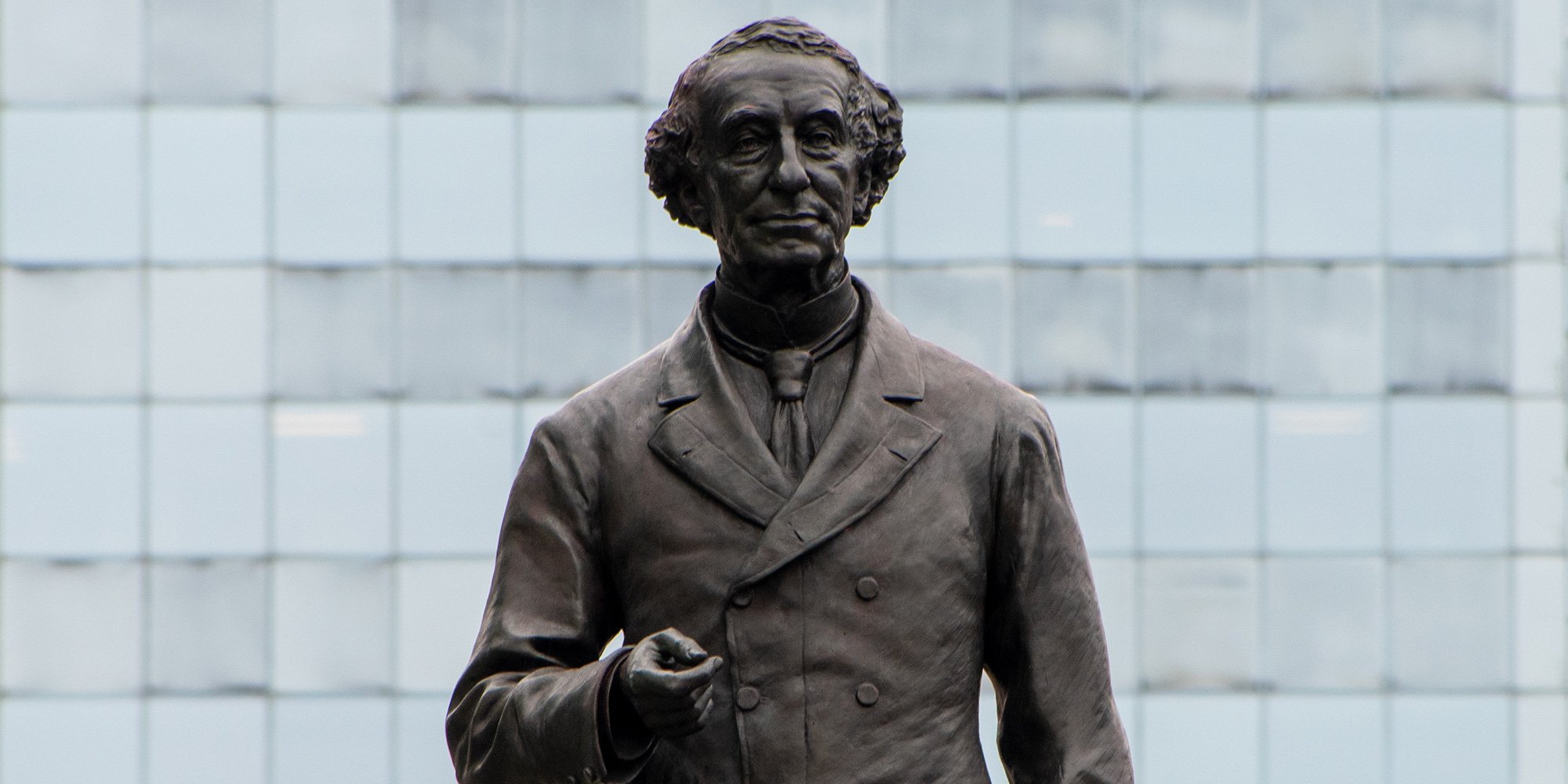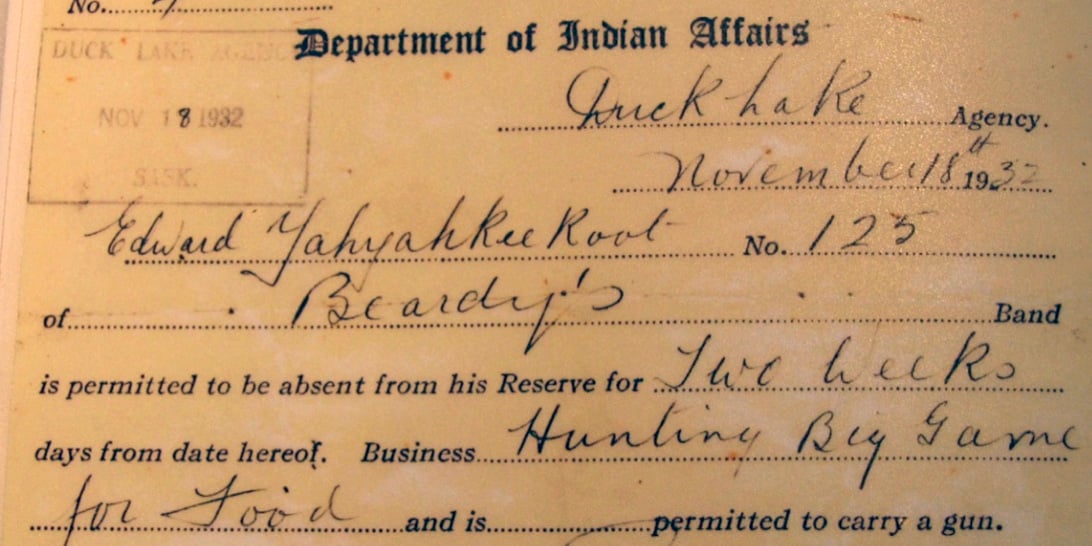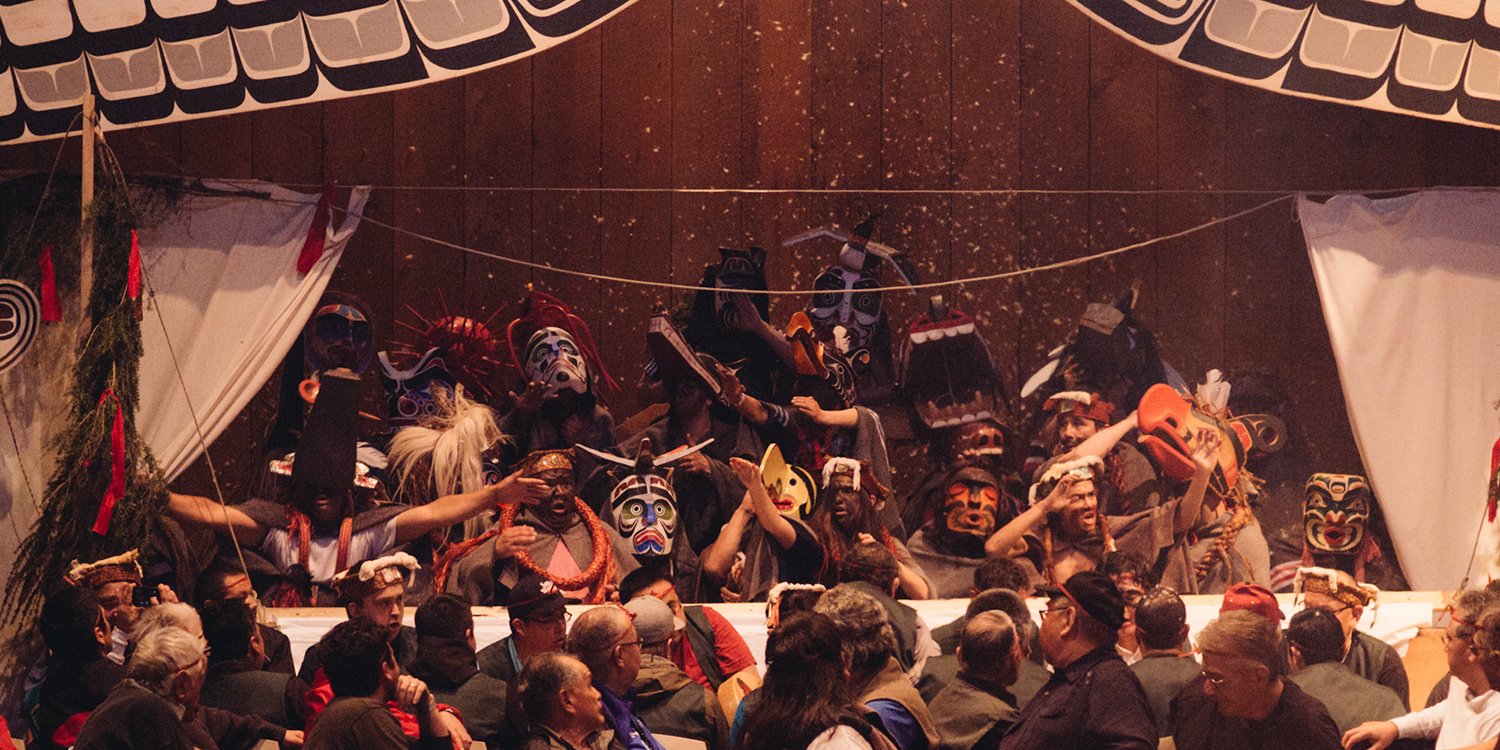Indigenous Peoples, Reconciliation and Canada 150
June is National Aboriginal History Month, and this year, the day after National Aboriginal History Month ends activities for Canada 150 begin....

July 1 is Canada Day, a day during which many Canadians celebrate the achievements of the founding fathers of this country. Sir John Alexander Macdonald, as the first Prime Minister of Canada, July 1, 1867 - November 5, 1873, (and again October 17, 1878 - June 6, 1891) will be one of those whose achievements will be celebrated.
In the spirit of reconciliation, we wanted to provide a perspective of Prime Minister John A. Macdonald that is often overlooked when the accolades are flowing. He was the architect of the Indian Act which launched the government of Canada on an ever-increasing and repressive series of Acts and policies directed towards the assimilation of the original inhabitants of this land now known as Canada. Residential schools, a cornerstone of the assimilation policy, were recently branded “cultural genocide” by the Truth and Reconciliation Commission.
A note on terminology: please keep in mind the term in use at the time of these quotes was Indian. It is not a term we use unless we are quoting or in relation to the legal definition. If you are interested in learning more about terminology, grab yourself a copy of our free eBook Indigenous Peoples: A Guide to Terminology
Lament for Confederation
When I fought to protect my land and my home, I was called a savage. When I neither understood nor welcomed his way of life, I was called lazy. When I tried to rule my people, I was stripped of my authority.
Chief Dan George, July 1, 1967
We have collected a few statements, and one letter, from Prime Minister Macdonald relating to Indigenous Peoples. In our research, we found a great many sites with quotes by Macdonald as he was considered a great orator, but the lists of quotes did not contain any of the following:
Sir, We are looking anxiously for your report as to Indian titles both within Manitoba and without; and as to the best means of extinguishing [terminating] the Indian titles in the valley of Saskatchewan. Would you kindly give us your views on that point, officially and unofficially? We should take immediate steps to extinguish the Indian titles somewhere in the Fertile Belt in the valley of Saskatchewan, and open it for settlement. There will otherwise be an influx of squatters who will seize upon the most eligible positions and greatly disturb the symmetry [organization] of future surveys.
1870 (a letter)
When the school is on the reserve, the child lives with its parents, who are savages, and though he may learn to read and write, his habits and training mode of thought are Indian. He is simply a savage who can read and write. It has been strongly impressed upon myself, as head of the Department, that Indian children should be withdrawn as much as possible from the parental influence, and the only way to do that would be to put them in central training industrial schools where they will acquire the habits and modes of thought of white men.
1879
It is worthy of consideration whether legislative measures should not be adopted for the establishment of some kind of municipal system among such bands as are found sufficiently advanced to justify the experiment being tried. It is hoped that a system may be adopted which will have the effect of accustoming the Indians to the modes of government prevalent in the white communities surrounding them and that it will thus tend to prepare them for earlier amalgamation with the general population of the country.
1880
…to wean them by slow degrees, from their nomadic habits, which have almost become an instinct, and by slow degrees absorb them or settle them on the land. Meantime they must be fairly protected.
1880
...we have been pampering and coaxing the Indians; that we must take a new course, we must vindicate the position of the white man, we must teach the Indians what law is; we must not pauperise them, as they say we have been doing.
1885
We have done all we could to put them on themselves; we have done all we could to make them work as agriculturists; we have done all we could, by the supply of cattle, agricultural implements and instruction, to change them from a nomadic to an agricultural life. We have had very considerable success; we have had infinitely more success during our short period, than the United States have had during twenty-five years. We have had a wonderful success; but still we have had the Indians; and then in these half-breeds, enticed by white men, the savage instinct was awakened; the desire of plunder -- aye, and, perhaps, the desire of scalping -- the savage idea of a warlike glory, which pervades the breast of most men, civilised or uncivilised, was aroused in them, and forgetting all the kindness that had been bestowed upon them, forgetting all the gifts that had been given to them, forgetting all that the Government, the white people and the Parliament of Canada had been doing for them, in trying to rescue them from barbarity; forgetting that we had given them reserves, the means to cultivate those reserves, and the means of education how to cultivate them --forgetting all these things, they rose against us.
1885
We acquired the North-West country in 1870. Not a life was lost, not a blow was struck, not a pound nor a dollar was spent in warfare, in that long period that has since intervened. I have not hesitated to tell this House, again and again, that we could not always hope to maintain peace with the Indians; that the savage was still a savage, and that until he ceased to be savage, we were always in danger of a collision, in danger of war, in danger of an outbreak. I am only surprised that we have been able so long to maintain peace -- that from 1870 until 1885 not one single blow, not one single murder, not one single loss of life, has taken place.
1885
He shall die though every dog in Quebec bark in his favour.
1885, following the execution of Louis Riel for treason
The great aim of our legislation has been to do away with the tribal system and assimilate the Indian people in all respects with the other inhabitants of the Dominion as speedily as they are fit to change.
1887
The third clause provides that celebrating the “Potlatch” is a misdemeanour. This Indian festival is debauchery of the worst kind, and the departmental officers and all clergymen unite in affirming that it is absolutely necessary to put this practice down.
1894
Duncan Campbell Scott, as Deputy Superintendent General of Indian Affairs from 1913 until 1932, took the groundwork of Macdonald’s legacy of repressive policies towards Indigenous Peoples further down the continuum of assimilation.
…the system was open to criticism. Insufficient care was exercised in the admission of children to the schools. The well-known predisposition of Indians to tuberculosis resulted in a very large percentage of deaths among the pupils. They were housed in buildings not carefully designed for school purposes, and these buildings became infected and dangerous to the inmates. It is quite within the mark to say that fifty per cent of the children who passed through these schools did not live to benefit from the education which they had received therein.
1914
The purpose of the Amendment to the Act was to prevent the Indians from being exploited as a savage or semi-savage race, when the whole of the administrative force of the Department is endeavoring to civilize them.
1916
I want to get rid of the Indian problem... Our objective is to continue until there is not an Indian that has not been absorbed into the body politic, and there is no Indian question, and no Indian Department...
1920
It has always been clear to me that the Indians must have some sort of recreation, and if our agents would endeavor to substitute reasonable amusements for this senseless drumming and dancing, it would be a great assistance.
1921
It is the opinion of the writer that... the Government will in time reach the end of its responsibility as the Indians progress into civilization and finally disappear as a separate and distinct people, not by race extinction but by gradual assimilation with their fellow-citizens.
1931
One can hardly be sympathetic with the contemporary sundance or potlatch when one knows that the original spirit has departed and that they are largely the opportunities for debauchery by low white men.
1941
This article has been viewed over 168,000 times since we published it.
Featured photo: Flickr, Joey Coleman

June is National Aboriginal History Month, and this year, the day after National Aboriginal History Month ends activities for Canada 150 begin....

No rebel Indians should be allowed off the Reserves without a pass signed by an I.D. official. The dangers of complications with white men will thus...

When the British North America (BNA) Act was passed in 1867, Canada became a country but remained a colony of the British Empire. The BNA Act...